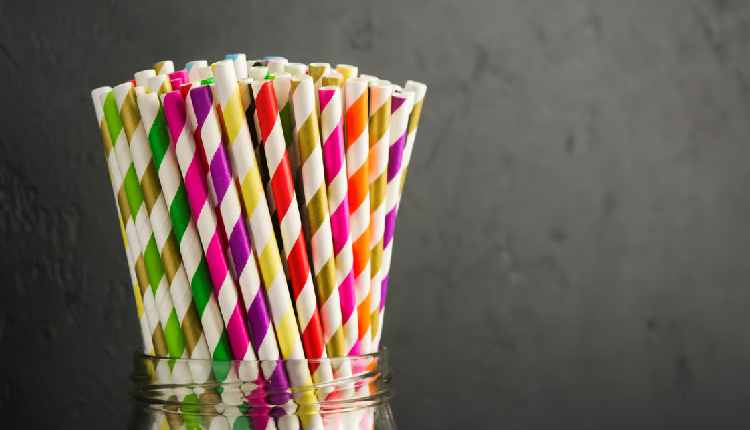London: Have you replaced your plastic drinking straws with paper? Beware, paper straws may not be eco-friendly and contain long-lasting and potentially toxic chemicals, warned a new study.
In the first analysis of its kind in Europe, and only the second in the world, Belgian researchers tested 39 brands of straws for the group of synthetic chemicals known as poly- and perfluoroalkyl substances (PFAS).
The majority of the brands (69 per cent) contained PFAS, with 18 different PFAS detected in total, revealed the study, published in Food Additives & Contaminants.
The paper straws were most likely to contain PFAS, with the chemicals detected in 90 per cent of the brands tested. PFAS were also detected in 80 per cent brands of bamboo straw, 75 per cent of the plastic straw brands and 40 per cent brands of glass straw.
The PFAS were not detected in any of the five types of steel straw tested.
The study comes as a growing number of countries, including India, the UK and Belgium, have banned sale of single-use plastic products, including drinking straws, and plant-based versions have become popular alternatives.
“Straws made from plant-based materials, such as paper and bamboo, are often advertised as being more sustainable and eco-friendly than those made from plastic,” said researcher Dr. Thimo Groffen, an environmental scientist at the University of Antwerp.
“However, the presence of PFAS in these straws means that’s not necessarily true.”
PFAS are used to make everyday products, from outdoor clothing to non-stick pans, resistant to water, heat and stains. However, they are potentially harmful to people, wildlife and the environment. They break down very slowly over time and can persist over thousands of years in the environment, a property that has led to them being known as “forever chemicals.”
They have been associated with a number of health problems, including lower response to vaccines, lower birth weight, thyroid disease, increased cholesterol levels, liver damage, kidney cancer and testicular cancer.
Of the PFAS found in the study the most common was perfluorooctanoic acid (PFOA), which has been banned globally since 2020.
In addition, trifluoroacetic acid (TFA) and trifluoromethanesulfonic acid (TFMS), “ultra-short chain” PFAS which are highly water soluble and so might leach out of straws into drinks were also detected.
The PFAS concentrations were low, and bearing in mind that most people tend to only use straws occasionally, pose a limited risk to human health. However, PFAS can remain in the body for many years and concentrations can build up over time.
“Small amounts of PFAS, while not harmful in themselves, can add to the chemical load already present in the body,” Dr. Groffen said.
“The presence of PFAS in paper and bamboo straws shows they are not necessarily biodegradable. We did not detect any PFAS in stainless steel straws, so I would advise consumers to use this type of straw — or just avoid using straws at all.”Dr. Groffen.
(IANS)















